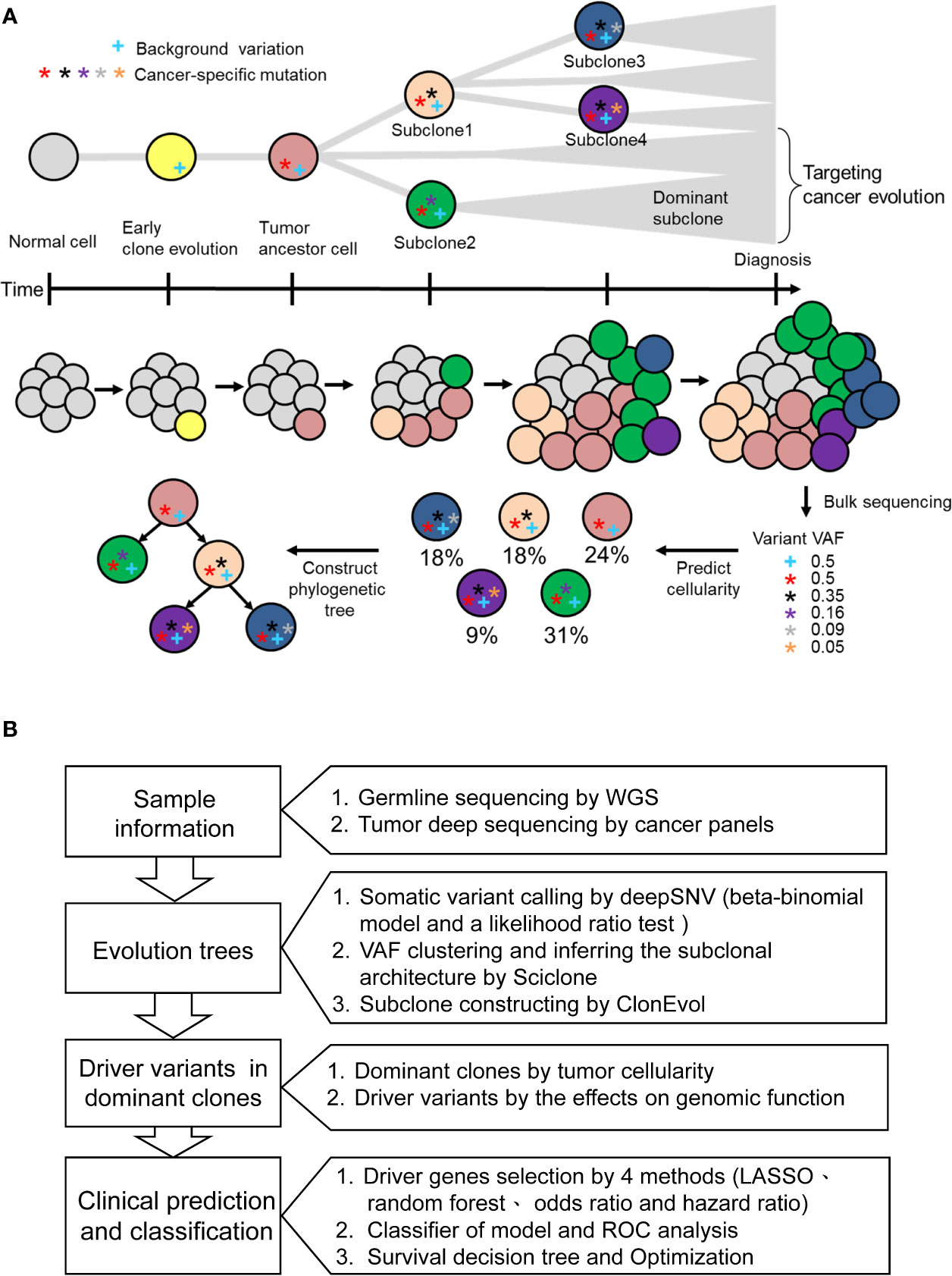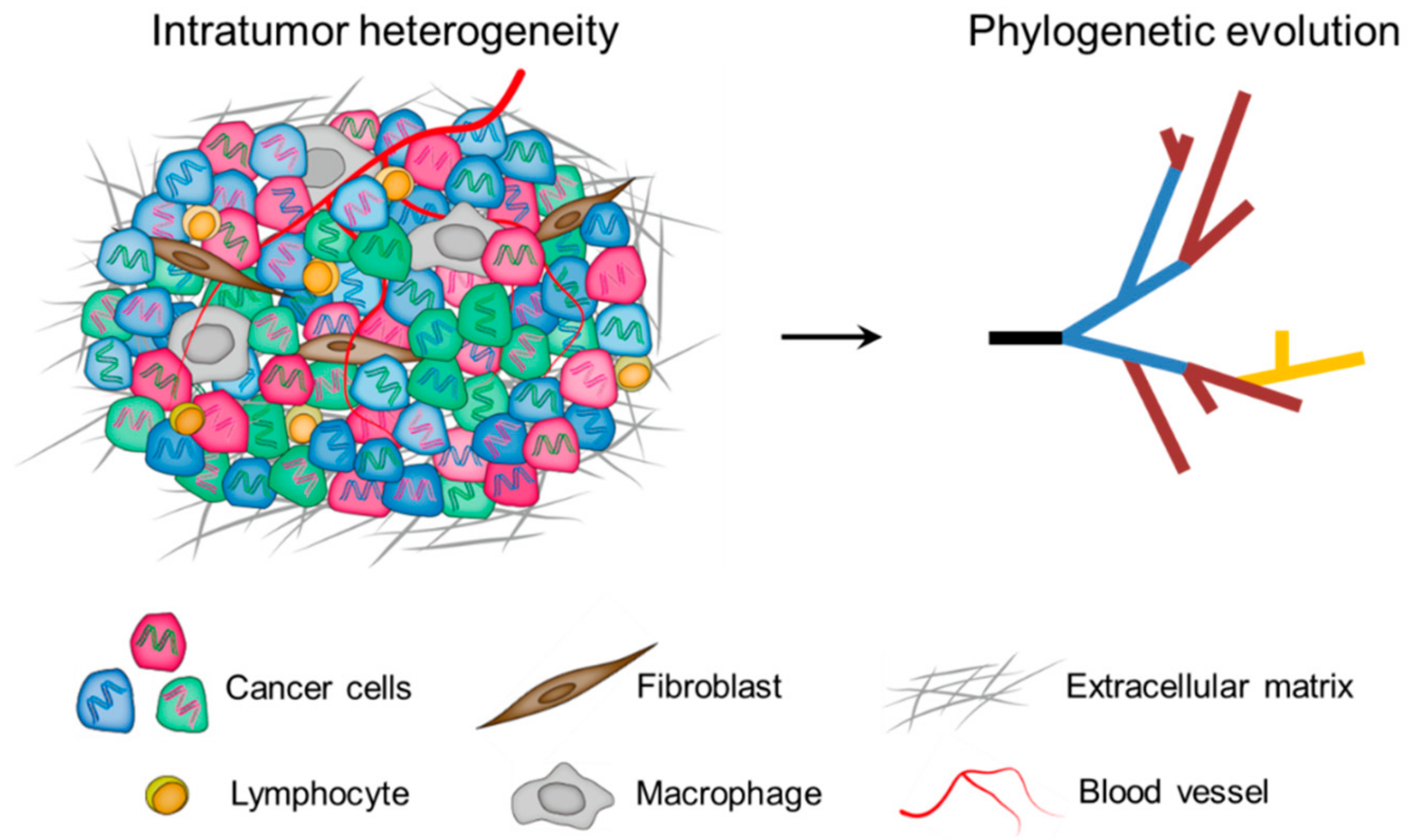

To date, the results of multiple studies of ICB therapy in newly diagnosed and recurrent EOC have been disappointing. However, outside these disease-agnostic indications, which are unfortunately rare in EOC and even rarer in certain histologic subtypes, such as low-grade endometrioid, mucinous, and clear cell carcinomas, ovarian cancer remains a disease with no ICB-specific approvals. 7,8 Pembrolizumab (Keytruda, Merck) is now approved for patients with metastatic or unresectable cancers that have progressed following other treatment, who have no satisfactory alternative treatment options, and who have tumors that exhibit (1) mismatch repair deficiency (MMRd) or high microsatellite instability (MSI-H) or (2) a high tumor mutational burden (TMB). In recent years, immune checkpoint blockade (ICB) has shifted the treatment paradigm in certain solid tumors and hematologic malignancies. 3,5 EOC TILs exhibit cytotoxic activity against autologous tumor-associated antigens in vitro 6 however, it is well appreciated that a plethora of other cellular and noncellular factors in the tumor microenvironment (TME) interact to determine the overall tumor immune response. 3,4 Tumors with TILs have higher levels of intratumoral lymphocyte-activating cytokines and interferon gamma (IFN- γ), further supporting the importance of antitumor immunity in this disease.

A great deal of interest has been shown in utilizing immunotherapy approaches in EOC, given the discovery nearly 2 decades ago that tumor-infiltrating lymphocytes (TILs) are detected in approximately 50% of these tumors, and their presence is associated with longer survival. Women with platinum-resistant ovarian cancer (PROC) have a median overall survival (OS) of less than 16 months, even with chemotherapy and bevacizumab, 2 so that novel therapeutic strategies are needed. Although surgery and platinum-based chemotherapy effectively induce remission, 1 most women ultimately succumb to recurrent and therapy-resistant disease. In this review, we summarize the results of the major studies of ICB monotherapy and combinations review novel combinations under investigation, including ICB with cellular therapies and discuss potential candidate biomarkers for improving the selection of patients who may respond to ICB.Įpithelial ovarian cancer (EOC) is the most lethal gynecologic malignancy. However, the results of multiple clinical trials investigating ICB have revealed very low levels of activity of single-agent immune checkpoint inhibitors, and the testing of combination therapies has not yet identified any combinations with robust activity in a significant proportion of patients who have EOC. Evidence that cell-mediated antitumor immunity, as well as documented programmed death ligand 1 expression, is correlated with improved survival in EOC garnered early optimism regarding the utility of immune checkpoint blockade (ICB) in ovarian cancer. Abstract: Epithelial ovarian cancer (EOC) is the most lethal gynecologic malignancy, with poor survival rates among patients who have advanced disease despite recent significant advances in therapy, including therapy targeting the homologous recombination pathway.


 0 kommentar(er)
0 kommentar(er)
